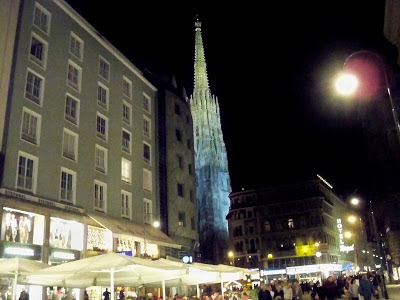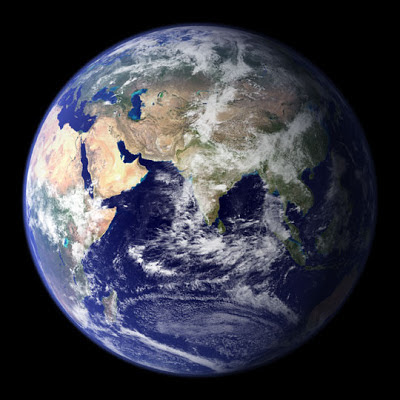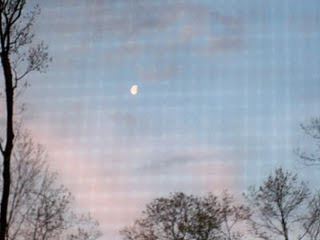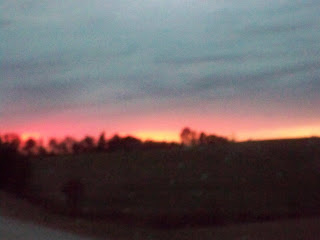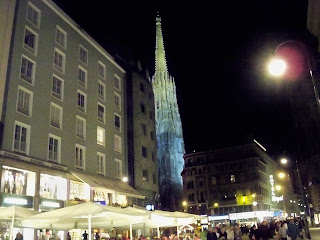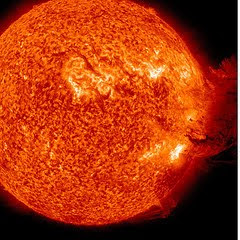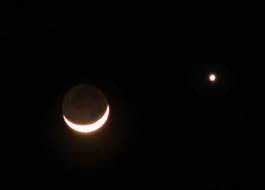Maps of Clouds
Yesterday’s walk began in drizzle, which I cursed silently. Not that I mind it, but my hair does. But I walked anyway, and as I did, the sky began to clear and the clouds piled up in the west and made maps of themselves, great illuminated maps. There was Cuba, or maybe some Micronesian island, and beyond it, some southern coast. And the yellow-pink light kept growing, even though the light rain kept falling. By then I had given up on my hair and just marveled that the sky could be so bright and still have rain in it.
It wasn’t until I reached the far end of our neighborhood that the rain finally stopped, and by then the clouds were on fire, so I extended my stroll along the busy road, which offers prime sunset viewing — all the while keeping those clouds, those pink and yellow clouds, in my sight.
As the cars drove past I thought how few of those drivers (often I’m one of them) could look — or see — the beauty raging around them. The poverties we are given, how they enrich us; and the riches, how they impoverish. This is certainly not a new thought, but an intensely felt one there in the just-past-rainy gloaming of an otherwise dreary day.
.jpg)
.jpg)


